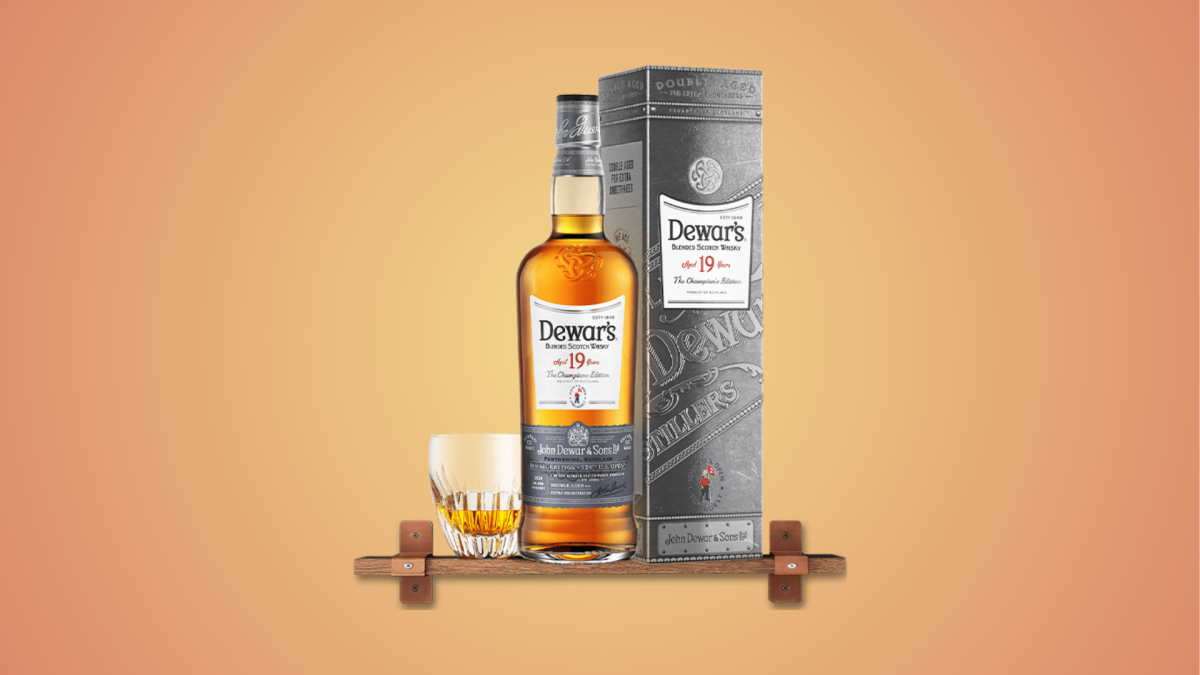No products in the cart.
Fitness Tips
Dewar's New Limited-Edition Scotch Is a Blend That Will Win Over Single-Malt Snobs

Dewar’s is one of the best-known names in blended Scotch whisky, up there with brands like Johnnie Walker, Famous Grouse, and Buchanan’s. The distillery’s new Dewar’s 19-Year-Old The Champion’s Edition is the brand’s fourth annual release in partnership with the Professional Golf Association’s U.S. Open Championship, which took place last week. Each year, the limited-edition expression allows Dewar’s to experiment with a unique double aging cask finishing method—and this year is no different.
Double aging refers to whisky that’s aged, then blended, then put back into barrels to age again. In 2021, the first year of the brand’s partnership with the PGA, Dewar’s doubled-aged the limited-edition Scotch in first-fill ex-bourbon casks. The brand used American oak and rye casks in 2022, and Napa Valley red wine casks in 2023. Master blender Stephanie Macleod brought rye whisky barrels back into the mix for the 2024 bottling.
The rye barrels used to age the new Scotch come from Louisville’s Angel’s Envy. To be considered American rye, the whiskey’s mashbill must consist of at least 51 percent rye grain. Angel’s Envy is different, as the brand often pushes that up to 95 percent rye, which adds distinct spice and fruit flavors.
As a result, the new Dewar’s features notes of creamy vanilla, caramel, apple fritter, chocolate, and orange to the palate, with a range of spices, including cinnamon, pepper, and nutmeg, flitting about underneath.
Bottled at 86 proof, Dewar’s 19-Year-Old The Champion’s Edition seems to be designed to be a sipping whisky, either neat or over some ice. But given the attainable $80 price tag, this is a fantastic whisky to experiment with in cocktails. Anything from a highball to an old fashioned to a penicillin would likely be upgraded by subbing this expression for any other blended Scotch whisky.
As a quick refresher, blended Scotch refers to a blend of malt and grain whisky that’s produced at different distilleries, as opposed to single-malt Scotch, which is made from a mashbill of 100-percent malted barley at a single distillery. There are many whisky drinkers who believe that blends are the inferior of the two styles, but the proof is in the popularity: blended Scotch outsells single malts by a wide margin. And if you’re a single malt drinker who doesn’t like blends—or a blends fan looking for something new—this new Dewar’s release is worth a try.
Related: This Rare Lagavulin Scotch Is Surprisingly Affordable
Source link

